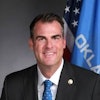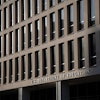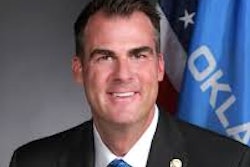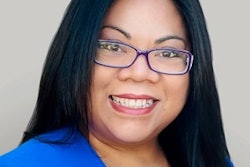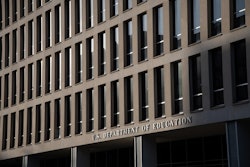WASHINGTON
It was with
poetic irony that Mother Nature
dealt the northeastern states one final
blow of frosty weather on April Fool’s Day.
That afternoon, at the main auditorium of the
University of the District of Columbia
(UDC), despite the frigid winds that blew
outside, senior administrators delivered a
message inside that they hoped would
warm the hearts of the faculty, staff and
students gathered and herald the beginning of a
new season in the life of this battered
historically Black university.
“We choose to live, and we choose to act,”
said interim president Julius F. Nimmons Jr.
before an attentive audience of a few hundred
members of the campus community.
Nimmons had called the meeting to update
UDC’s various constituencies on the status of
the university and to share his vision for the
future. He also took advantage of the
opportunity to commend them for enduring
what he called “the most devastating of
events in the history of this university,” and
asked them to band together as they adjust to the
challenges of their newly streamlined
configuration.
Only a few months ago, some worried that
UDC was on the brink of extinction. In
February, it was forced to release nearly one
third of its faculty and administrative staff due
to an 518.2 million budget shortfall. UDC’s
current appropriation is $37 million. At one
time, it was as high as $77 million.
The budget controversy also affected
student enrollment, reducing the student
population to 5,917 this spring from its fall size
of 7,684.
“I realize that your workloads have
increased,” Nimmons said, adding that he is
aware of how the recent sequence of events
have affected morale. “But we’ve got to move
on. We have an institution to preserve.”
Despite the deep faculty cuts, the
university has been able to retain the core of its
academic program and its accreditation status
with the Middle States Association of Colleges
and Schools, Nimmons said. He also assured the
audience that he
and the board of trustees have no intentions of
turning UDC into a two-year college, an
alternative that some officials have publicly
considered.
Nimmons said he anticipates no further
reductions to the university budget
appropriation, and announced that the
university plans to begin the fall semester on
time in August. Last fall, budget woes forced
the school to delay opening until October.
